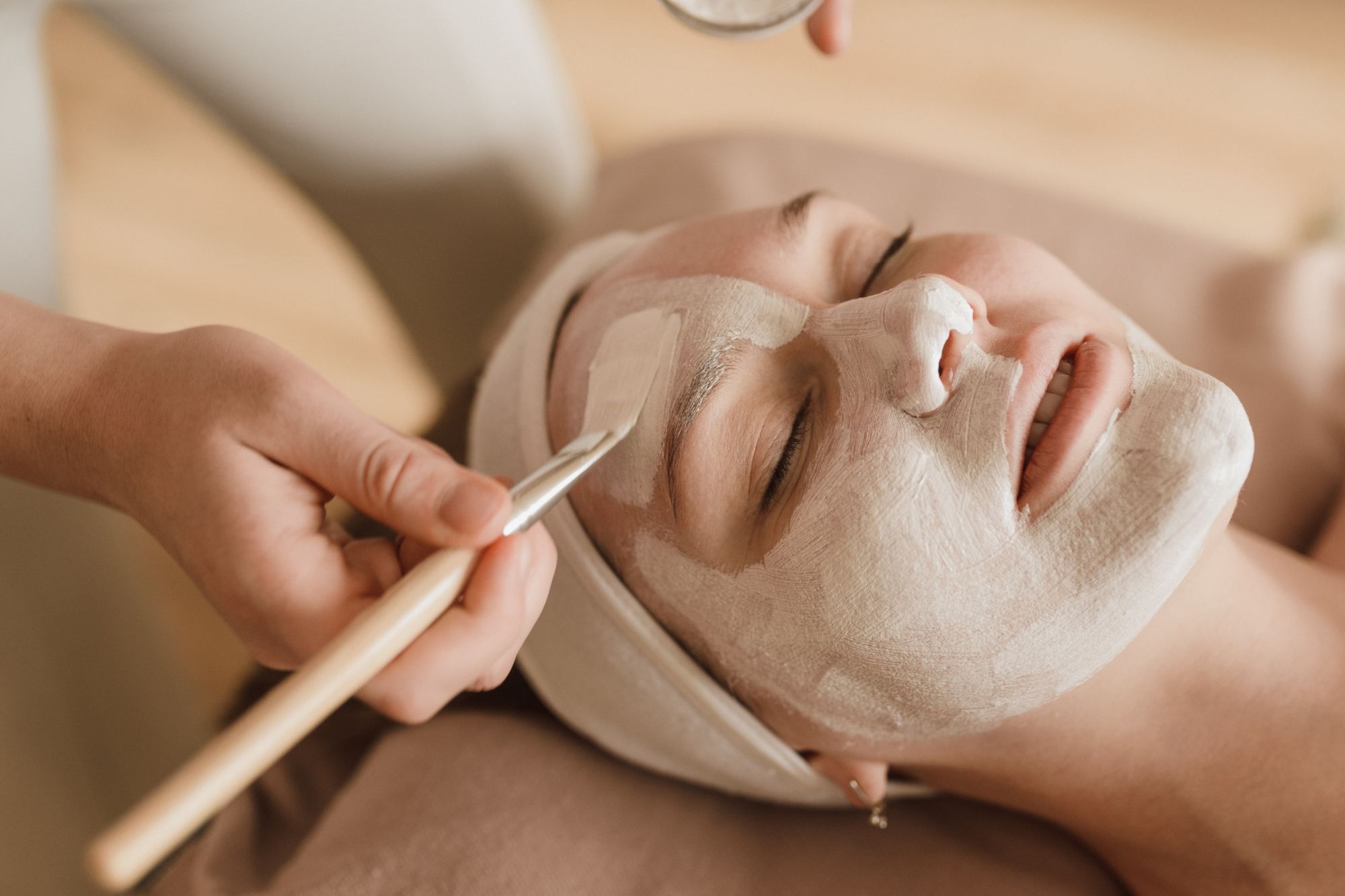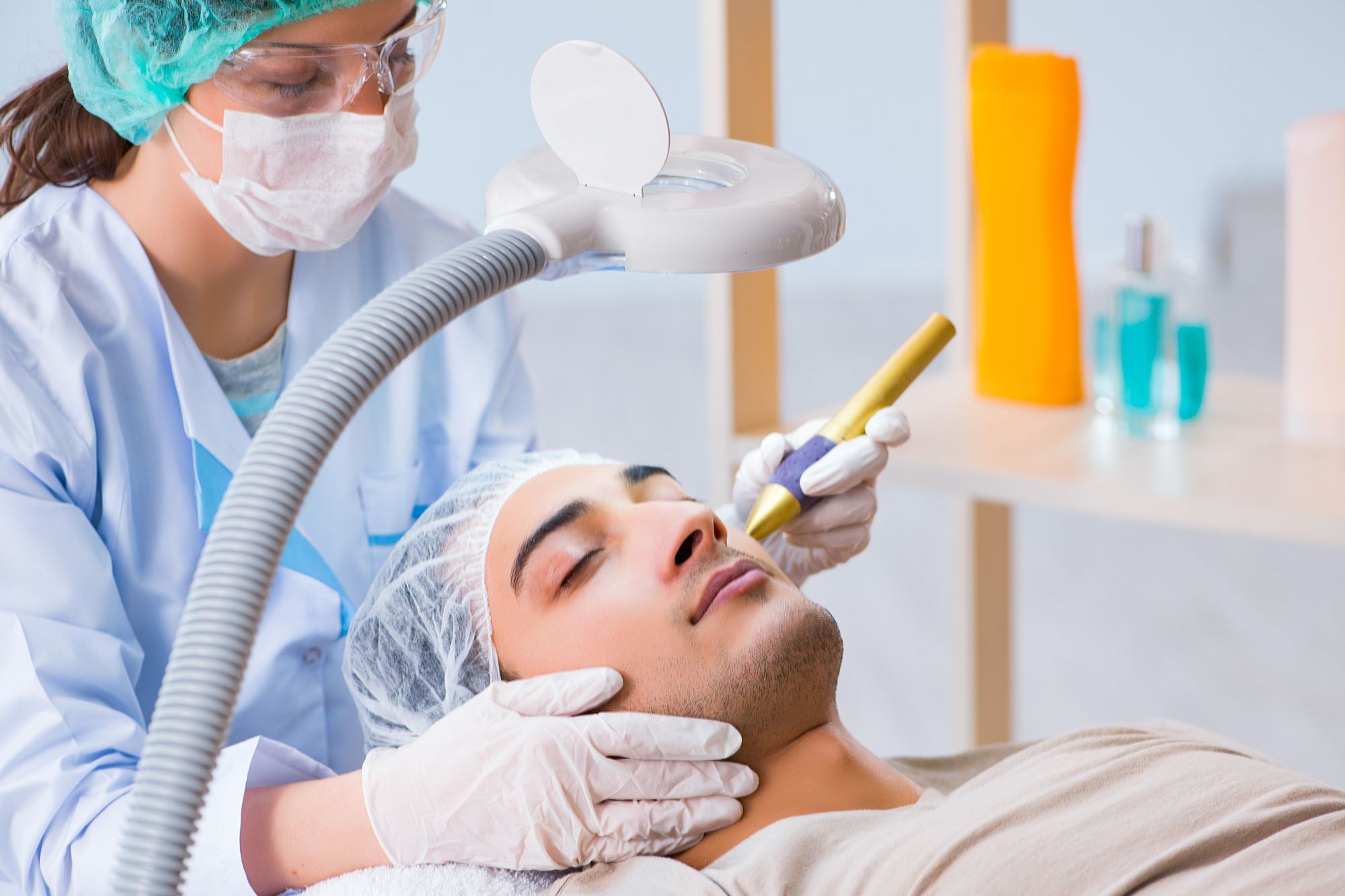
Medical Treatments for Nodule Pimples
Nodule pimples are one of the most severe forms of acne, forming deep under the skin and causing pain, inflammation, and scarring. Unlike regular pimples, they do not develop a visible whitehead, making them harder to treat with over-the-counter remedies. For individuals struggling with this condition, understanding the causes and exploring medical treatments for nodule pimples is crucial for effective management. In this guide, we discuss why nodule pimples form, whether hormonal imbalances play a role, the best medical treatments, prevention methods, and long-term care for recovery.
Why Do Nodule Pimples Form Deep Under the Skin?
Nodule pimples develop when hair follicles become clogged with excess oil, dead skin cells, and bacteria. Unlike regular pimples that stay near the skin’s surface, nodule pimples occur deep within the skin layers. These blockages lead to severe inflammation, resulting in swollen, painful lumps that may take weeks or months to heal. The more profound formation of nodular acne makes it more challenging to treat with conventional acne products.
Are Hormonal Imbalances a Major Cause of Nodule Pimples?
Yes, hormonal imbalances are a significant factor in the formation of nodule pimples. Fluctuations in androgen hormones (such as testosterone) can lead to increased skin oil (sebum) production. This excess oil clogs pores, creating an ideal environment for bacterial growth and inflammation.
Common hormonal triggers include:
- Puberty
- Menstrual cycles
- Pregnancy
- Polycystic ovary syndrome (PCOS)
- Stress, which increases cortisol levels and worsens acne
If hormonal imbalance is the root cause of your nodule pimples, dermatologists often recommend medical treatments that regulate hormones and reduce breakouts.
Medical Treatments for Nodule Pimples
Professional treatments are often the best solution for persistent and painful nodule pimples. Here are the most effective medical treatments for nodule pimples:
- Oral Medications
- Isotretinoin (Accutane): A potent retinoid that reduces oil production, prevents clogged pores and targets bacteria.
- Antibiotics: Oral antibiotics like doxycycline and minocycline help reduce bacterial infection and inflammation.
- Hormonal Therapy: Birth control pills or spironolactone can regulate hormone levels in women with acne caused by hormonal imbalances.
- Corticosteroid Injections
- Corticosteroid injections are used for severe nodule pimples to reduce inflammation and swelling quickly.
- These injections help shrink large nodules within a few days, preventing scarring.
- Topical Treatments
- Prescription-strength retinoids, such as tretinoin and adapalene, help unclog pores and promote skin cell turnover.
- Benzoyl peroxide and salicylic acid-based treatments can help reduce bacterial growth and inflammation.
- Chemical Peels & Laser Therapy
- Chemical peels containing salicylic or glycolic acid exfoliate the skin and prevent future breakouts.
- Laser therapy targets bacteria and reduces inflammation, improving overall skin texture.
If you seek medical treatments, companies like MedicDeno provide dermatology services and advanced treatments tailored for acne sufferers.
How Can You Prevent Nodule Pimples from Forming?
While medical treatments are essential for severe acne, prevention plays a key role in managing breakouts. Here are some effective prevention methods:
- Maintain a proper skincare routine using gentle, non-comedogenic products.
- Avoid excessive oil-based skincare and hair products that can clog pores.
- Wash your face twice daily with a mild cleanser to remove dirt and excess oil.
- Manage stress levels with relaxation techniques like meditation and exercise.
- Maintain a balanced diet by avoiding excessive dairy, sugar, and processed foods that can trigger acne.
- Do not pick or squeeze nodular pimples, leading to infection and scarring.
Long-Term Care and Recovery
Once nodule pimples have been treated, taking care of your skin is crucial to prevent recurrence. Long-term care includes:
- Use sunscreen daily to protect and heal skin from hyperpigmentation.
- Continuing prescribed topical treatments even after acne clears to prevent new breakouts.
- Follow up with your dermatologist for regular skin evaluations and maintenance treatments.
- Consider scar treatments such as microneedling, chemical peels, or laser resurfacing to improve skin texture and fade scars left by nodular acne.
How Long Does It Take for Medical Treatments to Show Results on Nodule Pimples?
The effectiveness of medical treatments for nodule pimples varies depending on the severity of the condition and the chosen treatment method. Here’s a general timeline:
- Oral antibiotics: Improvement may be seen within 4-8 weeks.
- Isotretinoin (Accutane): Significant results appear after 3-6 months of consistent use.
- Hormonal therapy: It may take up to 3 months to regulate hormones and reduce breakouts.
- Corticosteroid injections: Immediate relief within 24-48 hours.
- Topical treatments: Noticeable changes occur within 6-12 weeks of daily use.
Nodule pimples can be painful and difficult to manage, but with the right medical treatments, they can be effectively controlled. If you struggle with this severe form of acne, consulting a dermatologist and exploring treatments from reputable providers like MedicDeno can make a significant difference in your skin health. Combining professional treatments with proper skincare and lifestyle changes can reduce breakouts, prevent scarring, and achieve long-term clear skin.
If you found this guide helpful, share it with others looking for effective solutions for nodular acne!



